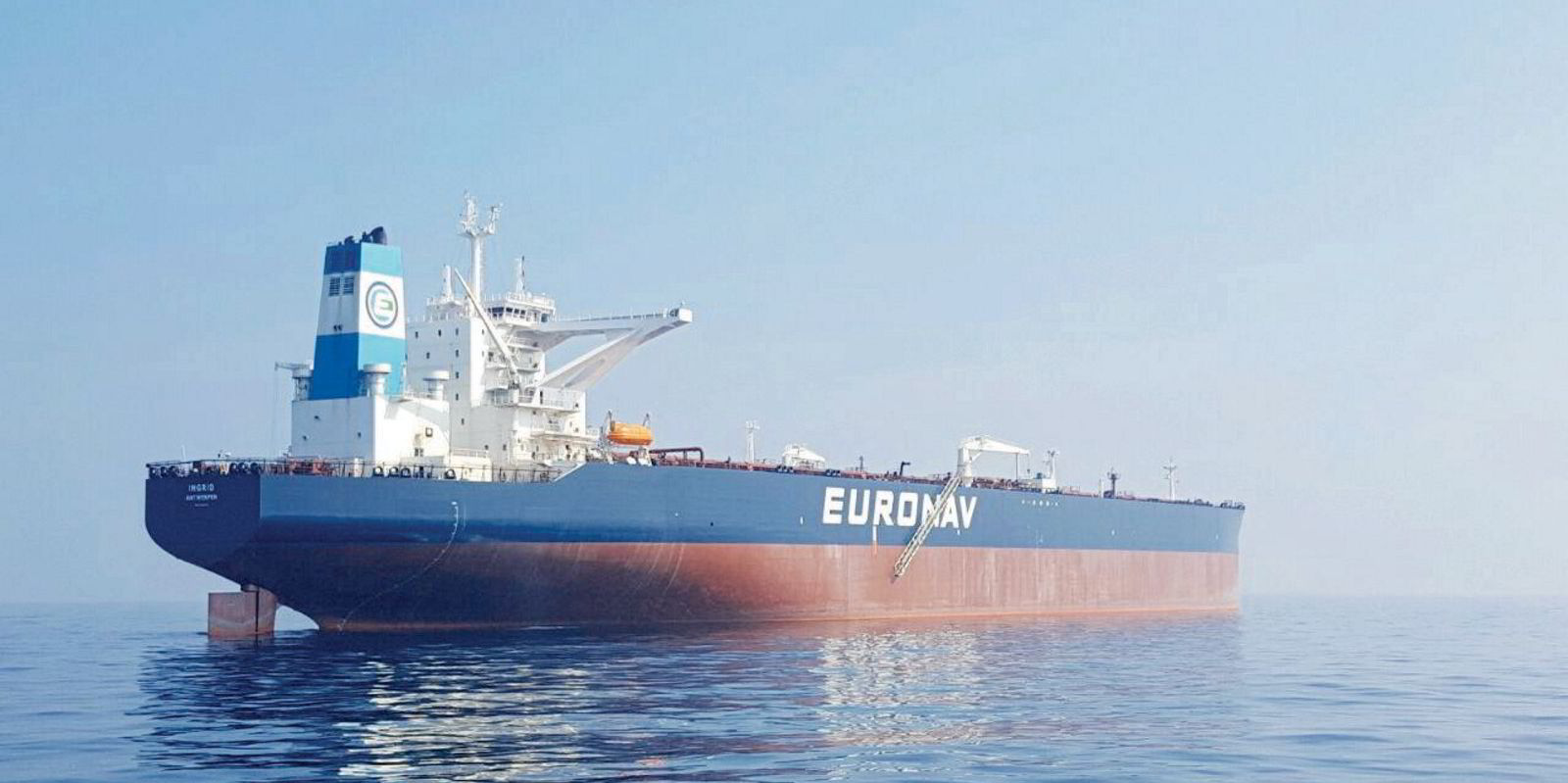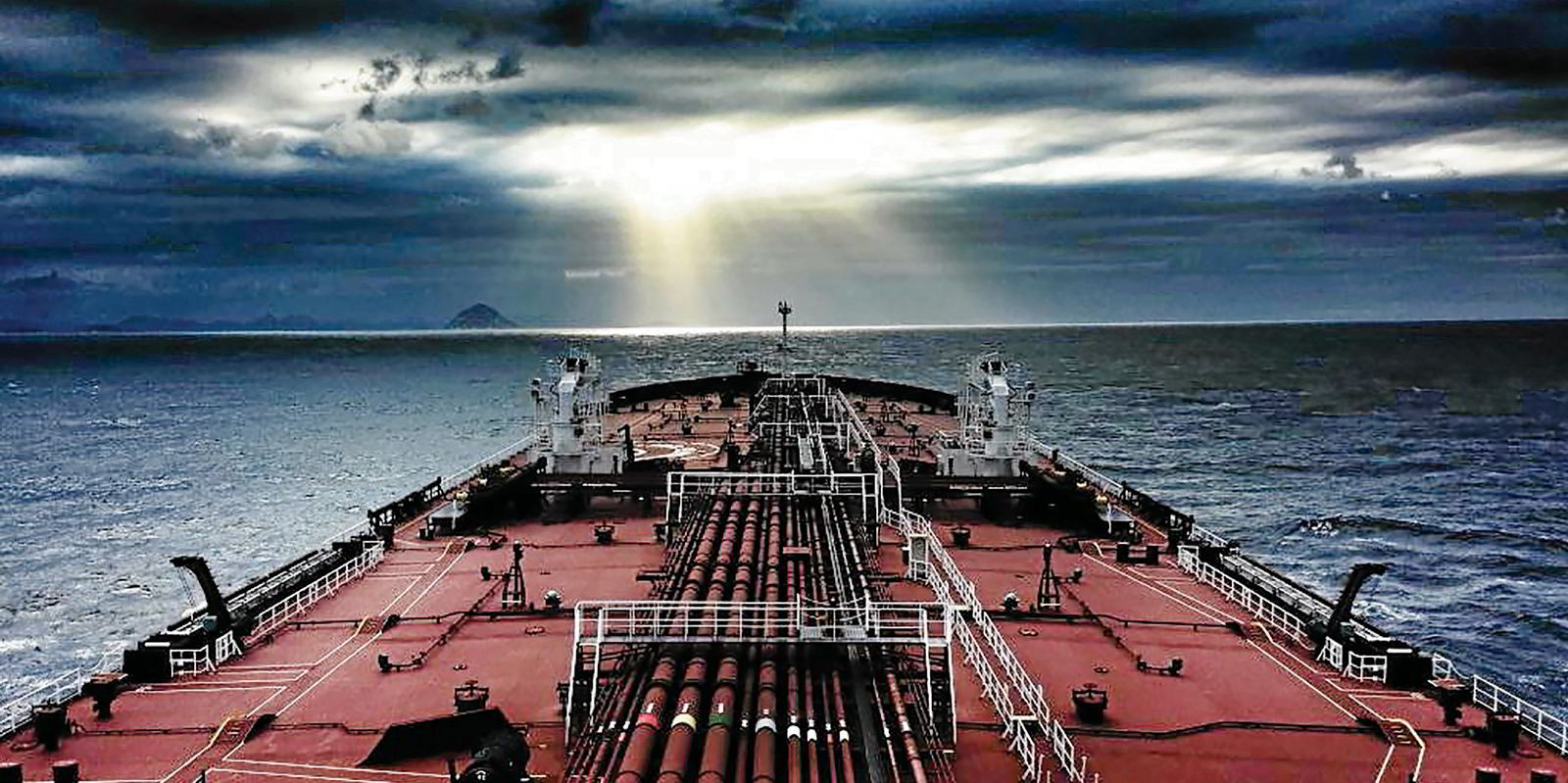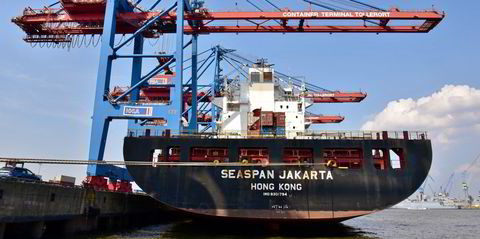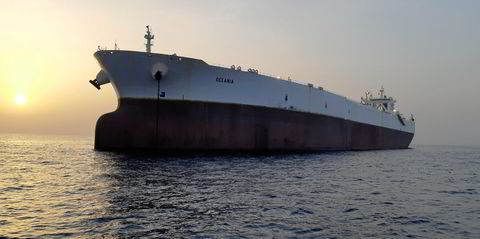Euronav has emerged triumphant in an alleged tanker fraud court appeal that has further muddied the legal waters over trade financing.
Italian lender UniCredit had been given leave to contest a UK High Court ruling in a row over what it argued was a cargo misdelivery.
But it has now lost this appeal, calling into question whether it and other lenders will continue to finance cargo deals due to a perceived lack of legal protection.
The original court decision in April 2022 went in favour of the Belgium shipowner in the $24.7m damages case.
A claim was submitted in January 2021 by UniCredit relating to a fuel oil cargo carried by Euronav’s 161,000-dwt suezmax Sienna (built 2007) in 2020.
The bank had financed the purchase by Gulf Petrochem of 80,000 tonnes of low-sulphur fuel oil from BP.
BP had initially chartered the vessel from Euronav and was the shipper under the bill of lading (BoL).
The charter required Euronav to discharge the cargo without production of the BoL if requested by the charterer.
After Gulf Petrochem paid BP via a letter of credit issued by UniCredit, a novation agreement was entered into by BP, Euronav and Gulf Petrochem that made the Middle East company the vessel’s charterer.
Euronav then discharged the cargo without production of the BoL but the sums financed by UniCredit were not repaid by Gulf Petrochem.
Cargo delivery without bill
UniCredit became the lawful holder of the BoL after the unloading.
The bank then filed a claim for breach of a contract of carriage because Euronav delivered the cargo without production of the bill.
The claim was rejected by the UK court, which ruled the BoL did not contain any contract of carriage at the time of discharge.
The court found the document was a mere receipt since BP was also the voyage charterer at that time.
A panel of three judges then examined two grounds for appeal put forward by the bank.
The first was that the BoL was indeed a contract, because that was the “presumed intention” of the parties at the time.
UniCredit succeeded on this point, with the judges ruling Euronav was in breach of this contract.
But the appeal fell down on the second point.
Considering an exit
The court found that if Euronav had refused to discharge the oil because of a lack of the BoL, UniCredit would have told it to carry on anyway and lost its money in any case.
At the appeal hearing, UniCredit said it was considering exiting commodity trade finance if it lost.
“The first instance decision has sent something of a shockwave through trade finance banks,” John Russell KC, representing UniCredit, told the court, according to Global Trade Review.
“I know that my clients have, at high levels, considered whether they might leave the entire sector if the security they thought they had by holding bills of lading is potentially so illusory or at risk as the first instance judgement suggests,” he added.
Russell said UniCredit was also aware that other banks were awaiting the judgment to see if their lending model would be supported by English law.
They may now be partially reassured by the finding that the BoL was a contract.
UniCredit declined to comment at the time but has been contacted for its view now.
The lender had said the original decision seriously eroded the fundamental rights of a BoL holder and undermined the document’s importance in international trade.
Other major trade finance lenders, such as ABN Amro and Rabobank, have left or reduced their exposure to the sector following several large-scale frauds by traders, mainly in Asia and the Middle East.






